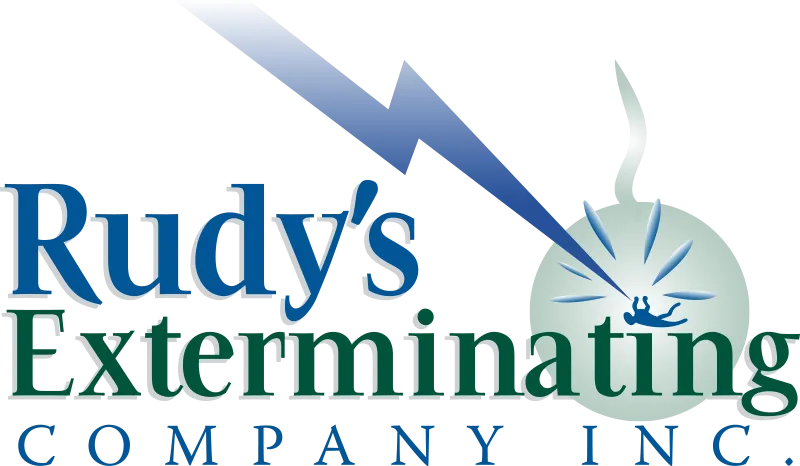How Long Does Termite Treatment Last?

If you've come to the realization that your home or another property you own may have become the site of a termite infestation, it's critical that you get in touch with a pest control service covering the Brooklyn, Queens and Nassau County metro areas as soon as possible. Going through a consultation and confirming the presence of these insects is half of the battle, and only experienced professionals can do this definitively.
But once you've taken that crucial step, you're bound to have some questions about the processes an exterminator uses to eliminate a termite problem and reduce the chances that those incredibly destructive insects come back. Let's examine how long termite control treatments last and also what each method entails:
How Long Does Termite Treatment Last?
You should generally expect termite treatments to last one to five years, according to This Old House. Some types of extermination can keep termites out even longer - seven years or more.
Different Termite Treatments have Different Levels of Effectiveness.
These are the four most common techniques used to eliminate termite infestations in residential and commercial buildings:
The Liquid Barrier Method
Exterminators performing a liquid treatment start by boring holes around the ground-floor perimeter of a given property and saturating the soil with gallons of insecticide. This is intended to kill termite colonies in the earth surrounding the structure as soon as they reach the barrier, keeping them out of the building. Additionally, according to the University of Kentucky, termites within the property when the treatment is applied won't be able to return to the colony and its moisture-rich soil, and eventually die of dehydration. It will usually take a few weeks for the infestation to be eradicated.
The main issue with liquid treatment is that it isn't feasible for all properties, particularly in the more urbanized areas of Brooklyn and Queens. Also, if there is any source of groundwater nearby - e.g., a well or cistern - the use of insecticide and all other pesticides is closely regulated by the New York State Department of Environmental Conservation.
Bait Systems
To properly lure termites into their own destruction with bait, pest control pros place cylindrical stations containing the substance (a combination of cellulose and insecticide) at strategic points surrounding a given structure - and sometimes indoors, near termites' mud tunnels. North Carolina State University noted that the bait placements should be no more than 20 feet apart from one another. Termites that initially find the poisoned food will eat it and then alert their fellow colony members to its presence.
Using bait to eradicate a termite colony takes time - usually weeks, sometimes months - and the stations must be maintained and resupplied with bait on an annual basis. However, it is arguably the best way to ensure long-term control of the problem, especially with the subterranean termites most common to New York.
Tenting
Chemical fumigation requires covering a building with a tarp and filling it with gas-based insecticide over the course of several days. While still used, the tenting method forces tenants out for an extended period and is harmful to physical health and the environment.
Heat Treatments
Considered an environmentally friendly approach, this method involves introducing hot air into a tarp-covered termite-infested building until temperatures reach 140-150 degrees Fahrenheit, per the California Department of Consumer Affairs. Although non-toxic, it requires the removal of people, pets and various fragile items from the structure for several hours, and thus isn't always feasible for Brooklyn or Queens property owners.
How Does Rudy's Exterminating Company Control Termite Infestations?
Our technicians use the Advanced Termite Baiting System, a combined approach that involves placing bait stations outside of a property while also treating termite-exposed wood with Timbor insecticide. Our termite exterminators return every few months to check on how everything is working, replenishing bait and reapplying liquid as needed. This two-pronged method ensures termites aren't just eliminated once, but kept out for the future.
Contact us today to schedule a termite consultation.
